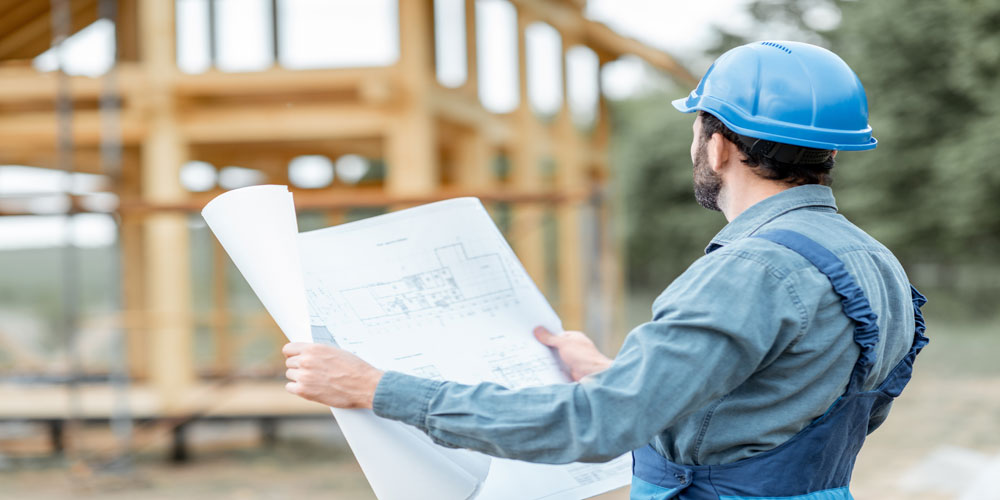
Sound Insulation Testing for Part E
Sound Insulation Testing for Part E – Common Questions & Answers
Over the last couple of years APT have collated and answered the most common asked questions in regards to sound insulation testing.
What is Sound Testing for Part E of Building Regulations?
Sound insulation is the property of a wall and /or dividing partition to resist the passage of noise. The sound Insulation testing is a method of quantifying the sound insulation performance of walls and/or floors. Sound Insulation testing can be carried out on party walls, party floors or facades of any building.
How many sound tests should I need on my Project?
Approved Document E states that one set of sound tests is required for every 10 units in a group or sub-group. A group or sub-group is defined where significant differences in construction or layout occur, for instance:
• For a pair of semi-detached Houses – a set of tests would usually comprise two airborne sound insulation tests of a separating wall.
• For Flats (up to 10 units) – a six pack would normally be required, this comprises of: two airborne wall tests, two airborne floor tests and two impact floor sound tests. The easiest way to work out the number of tests required is to multiply 1 x 6 packs for every 10 flats, i.e. if you have 22 flats you will require 3 x 6 packs which equals 18 sound tests in total
• For Rooms for Residential Purposes (student accommodation, hotel rooms, care homes etc.) – a set of tests would usually comprise: one airborne sound insulation tests of a separating wall; one airborne sound insulation test of a separating floor; one impact sound transmission test of a separating floor.
How are plots selected for sound testing?
APT will usually specify the amount of sound insulation tests that are required. We first look at the floor plans then work out a testing schedule taking into account testing through the projects ‘habitable rooms’ i.e. lounges & bedrooms where possible.
We will also try and undertake testing across walls and floors in different areas of the building and through different partition types i.e. if one wall is made of masonry and the other met-sec partitioning. When we have specified the sound testing schedule it should always be checked by building control and/or the client to seek their approval before the commencement of sound testing.
How do I Prepare my Site for Sound Insulation Testing?
APT always send out a checklist with our fee proposals to help you prepare for the sound testing, as we always want our clients to be fully prepared so they can pass their sound testing at the first attempt.
How long will the sound testing take?
The time taken to undertake the sound testing varies with site conditions, but generally a ‘6 pack’ set of tests on houses and flats takes about one to two hours. Obviously this depends on the site being fully prepared in line with our sound testing checklist.
Will the sound insulation testing disrupt work on site?
Relatively quiet conditions are needed to take accurate measurements. This means that anyone working in the testing area will have to leave temporarily and any noisy works in the vicinity of the test rooms will need to be halted i.e. using power tools or loud hammering etc.
How do I know if I’m ready for a sound insulation test?
We send out a checklist with all quotations to allow our clients to check they are ready for the sound testing. Basically the plots should be at least at second fix stage – for further details please refer to our checklist.
What if I only have 110V and not 240V on site?
Unfortunately we cannot undertake the testing; we will need 240V to undertake the sound testing.
Should I inform my neighbours of the impending sound testing?
If the building is attached in any way to occupied properties then you will need to inform the neighbours. We need to gain access to the neighbouring properties to undertake the sound test as we test the wall partition. You will also need to ensure that access is provided to the neighbouring properties throughout the sound testing.
Can you offer acoustic advice to help me to pass my sound testing?
APT offer an acoustic design service to help you design your buildings partitions to pass Part E sound testing. If you send through the relevant drawings such as sections and floor plans during the design stages of the project, we can check the design to see if there are any junctions or details where ‘noise flanking’ may occur, we can then advise if any changes are required to lower the chance of sound test failures.
Rest Assured. We believe in working with our clients on all types of projects from small end of terrace developments up to large blocks of flats. We believe that by being involved at the beginning of a project we can often save our clients expensive and difficult remedial works at the completion stage of a project.
If you would like more information on our full range of our acoustic services please contact us now at info@aptsoundtesting.co.uk or call us on 01525 303905.